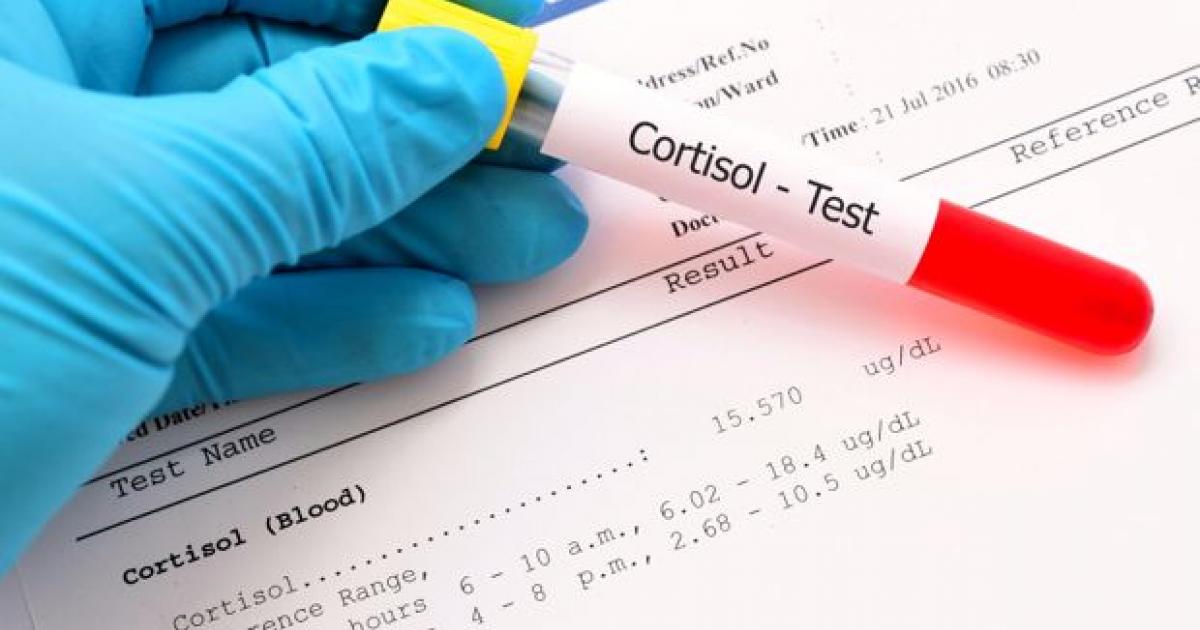Causes Of Cushing's Syndrome
Cushing's syndrome, also known as Cushing's disease and hypercortisolism, affects more than three million people in the United States each year. The syndrome is diagnosed three times more often in women than it is in men. Though the condition has occurred in children, individuals aged twenty-five to forty are the most commonly affected age group. For most patients, Cushing's syndrome can be cured with the right treatment combination, although some patients live with the illness as a chronic condition. Cushing's syndrome is classified as an endocrine disorder; therefore, it is most often treated by an endocrinologist and individualized treatment plans. Let's examine the causes of Cushing's syndrome more closely.
Excess Cortisol

Excess cortisol is the hallmark and root cause of Cushing's syndrome and can occur through a variety of mechanisms. Cortisol is a hormone that is produced by the adrenal glands, which are located on top of the kidneys. Often called "the stress hormone," cortisol manages the body's response to stress and also helps regulate blood pressure and blood sugar. Additionally, the hormone assists the body in turning food into energy and serves to reduce inflammation. In patients with Cushing's syndrome, excess cortisol can be the result of overproduction of this hormone within the body itself. This disorder can also develop due to high dosages or the overuse of certain medications, which is the most common cause of the syndrome. For patients who get Cushing's due to medications, adjustments to the dosages can cure the illness. For patients whose high cortisol levels are found to be due to other causes, numerous medications exist that are helpful in reducing cortisol in the body.
Next, learn how a specific type of tumor can cause this disease.